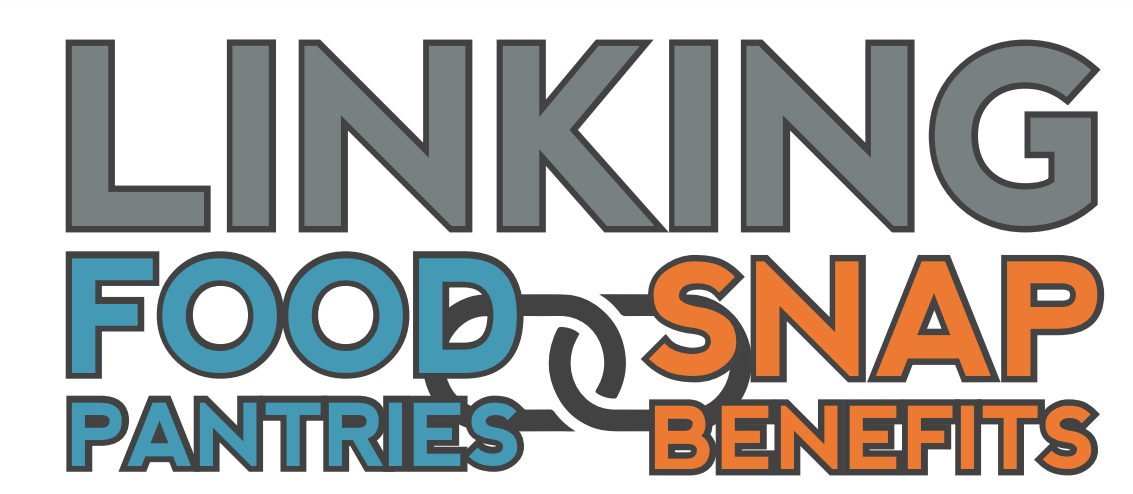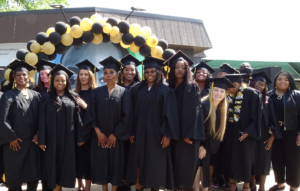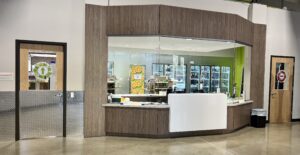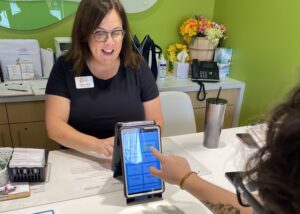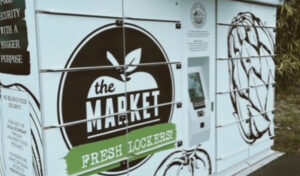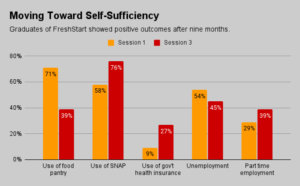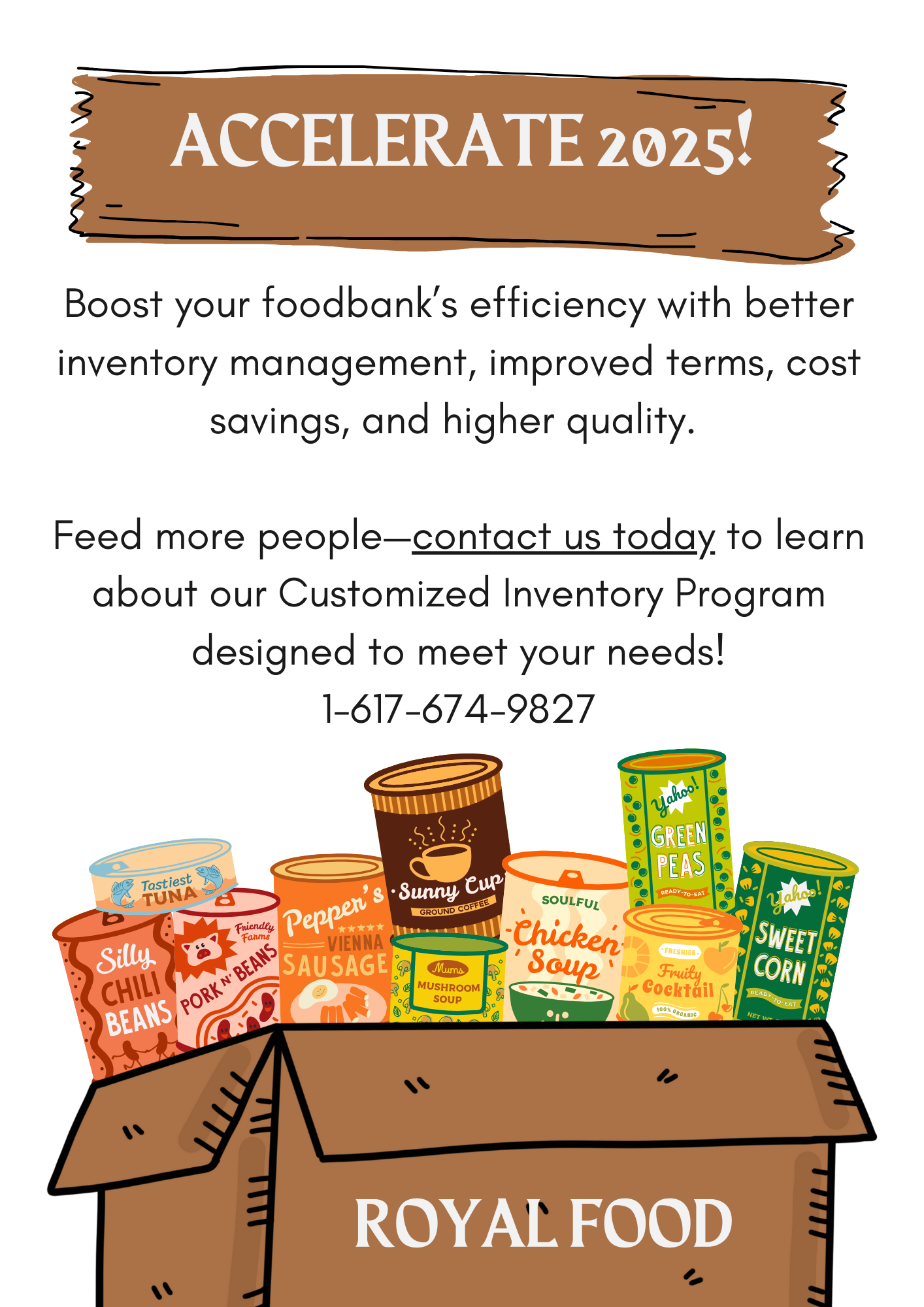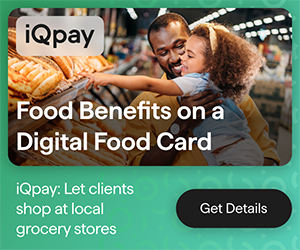Like any hunger relief organization, Crossroads Community Services in Dallas distributes lots of food. Unlike most, it also acts as an incubator for research-based innovation.
Over time, its research has pushed it to change its practices, including toward a food distribution model that encourages frequent client visits as a means of helping clients achieve not just hunger relief, but also nutrition stability.
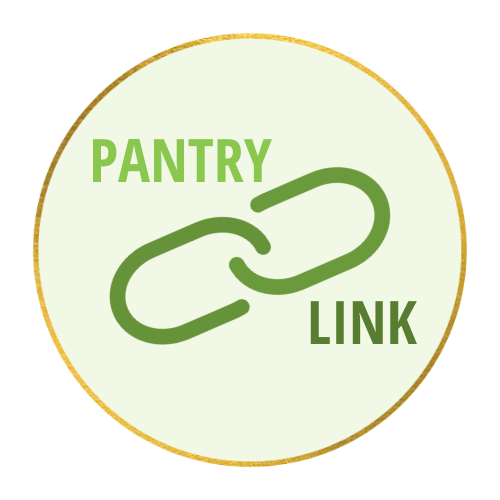
Benaye Wadkins Chambers, who became CEO and president of Crossroads in March 2021, said its data-driven approach is what drew her to the organization and what amplifies its impact. “What really excited me about Crossroads was the research component — the aspect of the work that looks at not just giving out food, but really sets it as a model for how we create equitable access to food for communities that don’t have it,” Wadkins Chambers said.
This work began over a decade ago in partnership with Community Assistance Research (CARE), a project by two academic researchers — Dr. Tammy Leonard of University of Dallas and Dr. Sandi Pruitt of UT Southwestern Medical Center — who work with Dallas-area food banks and pantries on identifying best practices in food assistance.
“Innovation happens all the time in food pantries, but those ideas aren’t always being measured to see what is more effective and impactful the same way they would be in a business setting where efficiency is the bottom line,” Pruitt said. “The research has led down a path of doing what’s more relevant for the community.”
One example is the SNAP-Appointment Coordination project, which aimed to improve food security for low-income households. It began with the premise that usage of SNAP and food pantries could be better paired to ensure households have more stable access to food.
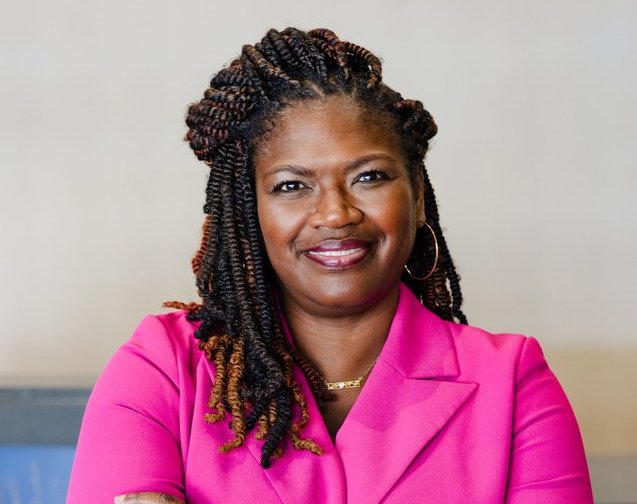
“Almost everybody waits to come to the pantry until their cupboard is completely bare and their SNAP is out. That’s not a good strategy for stability because food pantries are only open certain days of the week,” Pruitt explained.
Working with Crossroads and another food pantry, CARE tested an appointment system through a randomized controlled trial with several hundred clients, changing the model from “drop in when you need food” to “come the same time each month.”
The team encouraged clients to schedule pantry visits even when they still had SNAP benefits, a move that de-stigmatized pantry usage while also ensuring more regular access to nutrition.
The researchers found that households that visited pantries within seven days of receiving SNAP and still had benefits reported 32% fewer cases of fair/poor health than those that visited the pantry three weeks after receiving SNAP.
“Through the intervention, we learned a lot of strategies that both the food pantry staff thought were good in terms of client flow and the clients found to be useful,” Pruitt said.
The appointment system saved clients an average of 40 minutes on pantry visits, valuable time for people who often don’t have paid sick leave and for whom time is a social determinant of health.
Once clients reach a degree of nutrition stability, Crossroads then connects them to financial coaching to help them achieve longer term goals. It has a partnership with WiNGs, a financial coaching nonprofit in Dallas, which provides guidance on becoming financially stable.
Regular client surveys are the backbone of Crossroads’ research work, a practice that sets it apart from pantries that are gravitating towards no-questions-asked models as they seek to reduce barriers and stigma around food access.
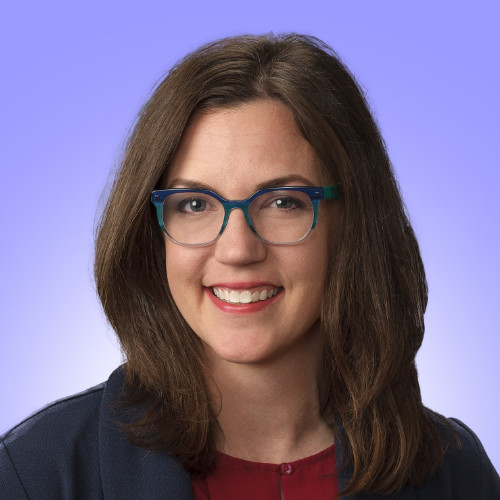
“Having that data gives capacity and resources to Crossroads that most pantries don’t have. Their ability to write grant applications that say, ‘X percent of our clients have diabetes, Y percent has this,’ really empowers the organization,” Pruitt noted.
Every client who comes to Crossroads is asked to answer the same set of questions every time they come. They can decline and still receive food, but those who are willing will see questions ranging from the size of their households, the last time they ate, how much they weigh, and whether they are worried about their next meal.
The data is collected and housed in a Salesforce database, which rotates the questions automatically each time so that clients are only spending about 15 minutes on the task and don’t tire of answering the same questions each time. The responses are collated so that Crossroads can get a fuller picture of each client’s challenges over time and a better understanding of their clients’ lived experience in the aggregate.
CARE helps in digesting that data and gleaning insights from it, but the researchers don’t have ready access to the survey data. When Leonard and Pruitt want to do a study, they must go through a strict academic process of designing the research and receiving approvals before Crossroads will share its data.
Crossroads tries to protect client privacy in other ways, such as having volunteers ask the questions discreetly in a smaller room away from the main space. This has helped clients be more open in their responses, Wadkins Chambers said.
Pruitt called Crossroads a “dream organization” from a research standpoint because of its sophisticated practices and willingness to innovate. She said the organization has changed its practices dramatically over the years, and it remains willing to shift gears if the research shows something isn’t working.
“Research is collection of data and changing your attitudes or knowledge based on what you see,” Pruitt said, adding, “There’s very little research that’s ever been done in the food pantry setting.” – Ambreen Ali
Ambreen Ali writes the Pantry Link column for Food Bank News. She is a widely published journalist and founding editor of Central Desi, a newsletter about New Jersey’s South Asian community.
Like what you’re reading?
Support Food Bank News
